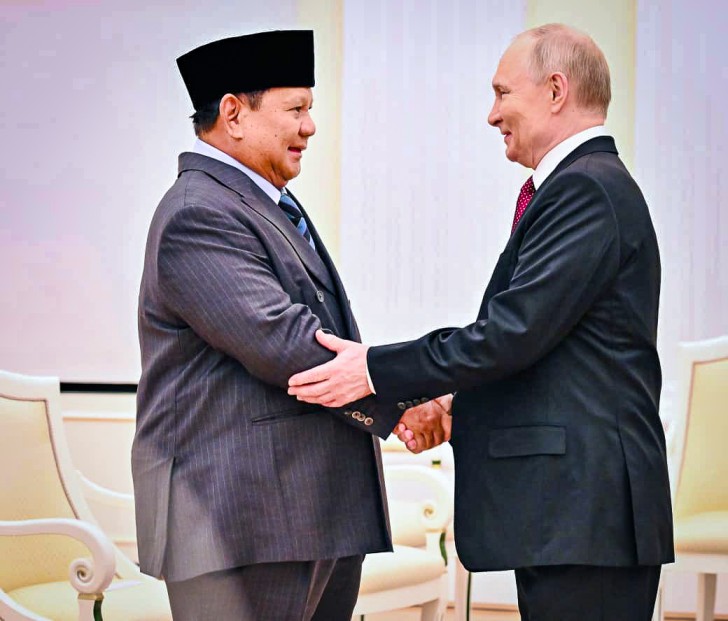Indonesia’s digital economy to grow eight times by 2030: Trade Minsiter

Jakarta (Indonesia Window) – Indonesia’s digital economy has very good prospects and potentials to grow up to eight times by 2030, said Minister of Trade Muhammad Lutfi when giving a press statement after a limited meeting led by President Joko Widodo here on Thursday (June 10).
“The digital economy will grow eight times from 632 trillion rupiahs (some 44.3 billion U.S. dollars) to 4,531 trillion rupiahs (some 317.9 billion U.S. dollars),” the minister said.
According to him, e-commerce would play a very large role of 34 percent or equivalent to 1,900 trillion rupiahs (about 133.3 billion dollars), followed by several very important things, namely a B2B (business-to-business) scheme with a size of 13 percent or equivalent to 763 trillion rupiahs (about 53.5 billion dollars), and health-tech worth 471.6 trillion rupiahs (about 33.09 billion dollars) or eight percent of the total growth.
Meanwhile, Indonesia’s Gross Domestic Product (GDP) would grow from 15,400 trillion rupiahs (some 1.08 trillion dollars) to 24,000 trillion rupiahs (some 1.6 trillion dollars) in 2030, he added.
“Indonesia will have a large GDP of more than 55 percent of ASEAN’s digital GDP. The amount is approximately 323 trillion rupiahs (about 22.6 billion dollars) and will grow to 417 trillion rupiahs (about 29.2 dollars) in 2030,” Lutfi pointed out.
He stressed that there are a lot of potentials for the development of the digital economy.
According to the trade minister, although Indonesia’s digital economy contributes as much as four percent to the national GDP in 2020, the food and beverage industry sector with a value of 3,669 trillion rupiahs (some 257.4 billion dollars) can only be served by e-commerce with a value of 18 trillion rupiahs (some 1.2 billion dollars).
To optimize the potential of the digital economy, a number of sectors should be improved, including telecommunications infrastructures and digital consumer protection.
“The workforce or human resources with special skills in technology is also one of the important basic pillars, in addition to the innovation ecosystem to revive the digital economy and public services, as well as the good digital governance and strategy,” he stressed.
Lutfi also emphasized that Indonesia should be able to take advantage of such new wave technology developments as 5G technology, IoT (internet of things), block chain, artificial intelligence, and cloud computing.
“We hope that this digital economy will improve Indonesia’s growth, at least in the logistics and industrial sectors,” he said.
Reporting by Indonesia Window

.jpg)








